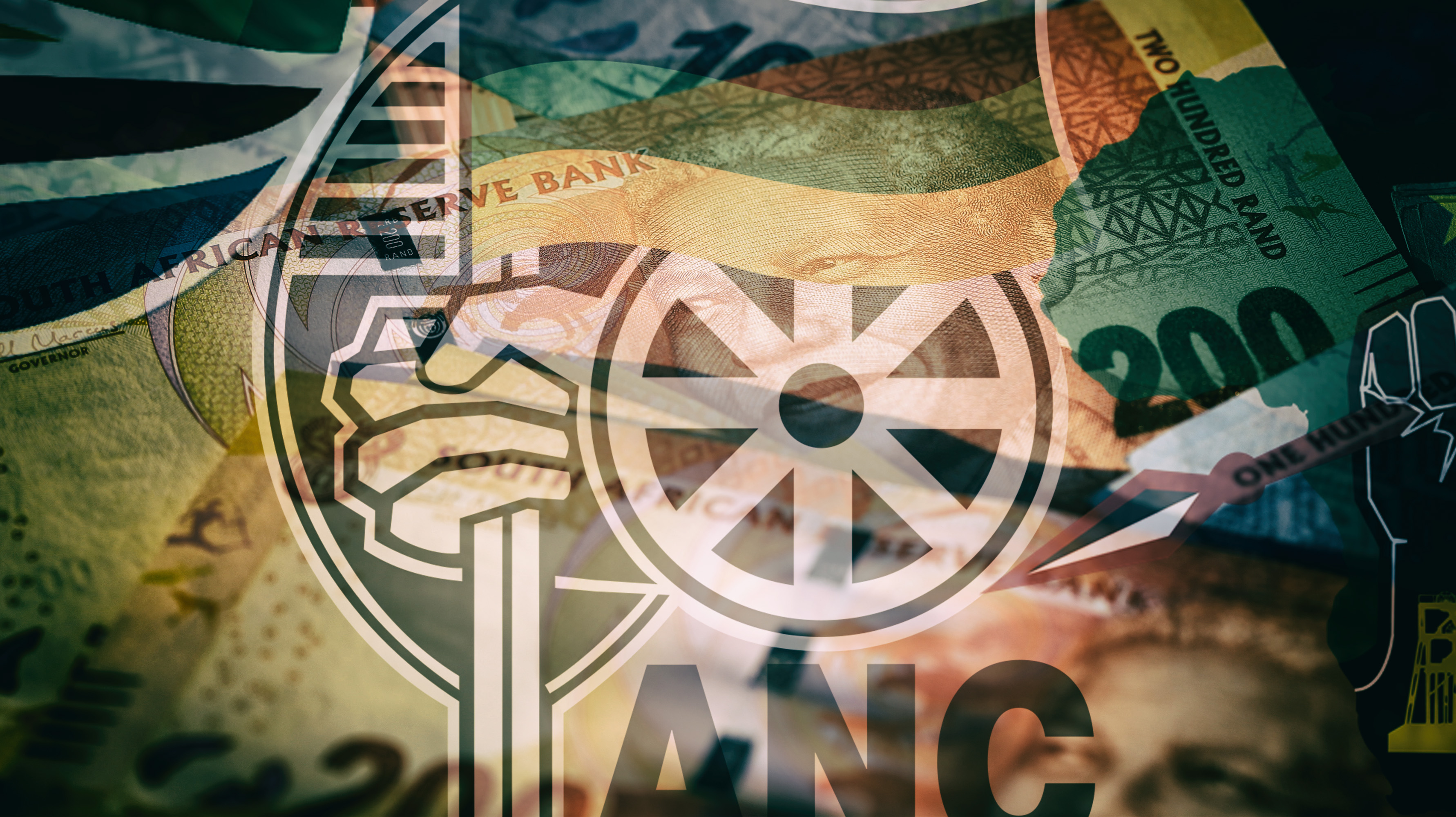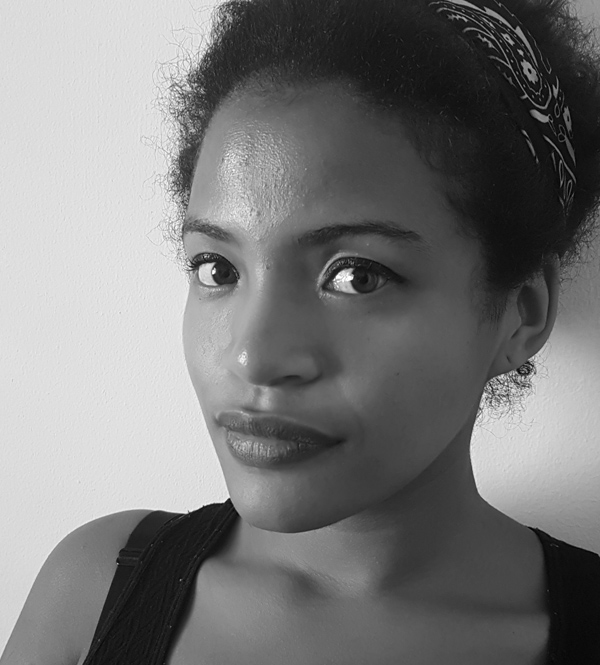The Western Cape High Court was told on Monday that voters should know who funds their chosen political parties, down to the last cent. This was in a case lodged by My Vote Counts (MVC) to challenge the constitutionality of the Political Funding Act (PFA).
The case stems from the Political Party Funding Act, amended by the Electoral Matters Amendment Act, which navigates the mandated reporting of funding to political parties by individuals and entities.
MVC is a not-for-profit organisation that advocates for transparency on money in politics. The Act allows donations under R100,000 to go undisclosed and for individuals to donate up to R15-million per year.
According to MVC, the Act also grants the President unchecked discretion over funding limits.
Ahead of the court proceedings, GroundUp reported that MVC sought an order from the court that political parties and independents be obliged to disclose all private donations, regardless of the amount. In addition, it wants the upper donation limit of R15-million to be lowered.
Present at the hearing on Monday were legal representatives of MVC, along with lawyers of those opposing the application, which includes the minister of justice, the minister of home affairs, the DA, ActionSA and Parliament.
‘The public is entitled to know’
Speaking for MVC, advocate Vlad Movshovich said potential voters needed to make decisions based on all the available information, including who funds their parties of choice. The media, he said, was also “entitled to that information because they disseminate information effectively. Media and non-governmental organisations disseminate information effectively to the public.”
Movshovich said, “This Act is irrational and unconstitutional” because the disclosure threshold made no sense as both the R100,000 threshold and R15-million cap could be bypassed by companies or individuals making several donations through different entities.
“The public is entitled to know all of those donations. The media and NGOs are entitled to know so they can interrogate and they can draw the links, and they can expose what the underlying premise of a party’s support base is and what really drives the party.”
In a media release before the court hearing, MVC said: “If granted, this application will be a vital step in curbing elite influence over our politics, strengthening voter accountability over public representatives and upholding the right to access the necessary information to exercise the vote.”
Opposing the application, Karrisha Pillay, SC, representing Parliament, said, “I mean no disrespect when I say it: the application doesn’t get out of the starting blocks.”
She said Parliament had been guided by court rulings — including in the Constitutional Court and the Western Cape High Court — about party funding and had followed the procedural requirements when passing the legislation.
Read more: Political funding transparency in limbo until at least 12 August
Pillay told the court that Parliament had followed all the required timelines — even being guided by Judge Daniel Thulare’s ruling in the Western Cape High Court.
“There can be no complaints of undue delays,” she said.
‘Act is ignored’
ActionSA briefed journalists before the court proceedings started. The party’s national chairperson, Michael Beaumont, said, “It must be said from the outset that ActionSA is in favour of the Party Funding Act and is in favour of transparency in party funding.”
He said the party consistently made declarations in terms of the law and received clean audits regarding funding.
“By saying that political parties must disclose every cent from one rand upwards, effectively it’s going to throttle political party funding, from private donations to political parties,” said Beaumont.
“The Act is being ignored left and right, and we can’t just simply try to lower disclosure thresholds and ignore that those too are going to be ignored by political parties who do not care about the law and do not comply.”
Beaumont claimed that the MK party and the EFF had made few funding declarations while hosting lavish rallies at expensive stadiums, which Beaumont said should be investigated.
Read more: ANC and DA are the big losers and Rise Mzansi the big winner as political party funding game heats up
“What it creates is a scenario where law-abiding political parties like ActionSA follow the letter of the law to the T … and we are severely disadvantaged by donors who don’t want to be disclosed,” he said.
“They don’t want to face the fear of reprisal that comes along with being disclosed as a political party donor, but others simply do whatever they like, and there are no consequences.”
Beaumont called for the Electoral Commission of SA (IEC) to be granted “proper investigative powers.
“What the legislators basically did is say, ‘IEC you must investigate cases,’ but the IEC has no background, capacity, institutional DNA in the areas of investigation. In fact, it’s put them in a terrible position because their job is to be a nonpartisan player in the electoral space and now they have to be the referees investigating these cases as well, which puts them in an invidious position.”
Beaumont called for investigators to have access to political parties’ bank accounts so they could verify disclosed donations.
The case continues on Tuesday. The Presidency, the DA and ActionSA will make representations before the court. DM





